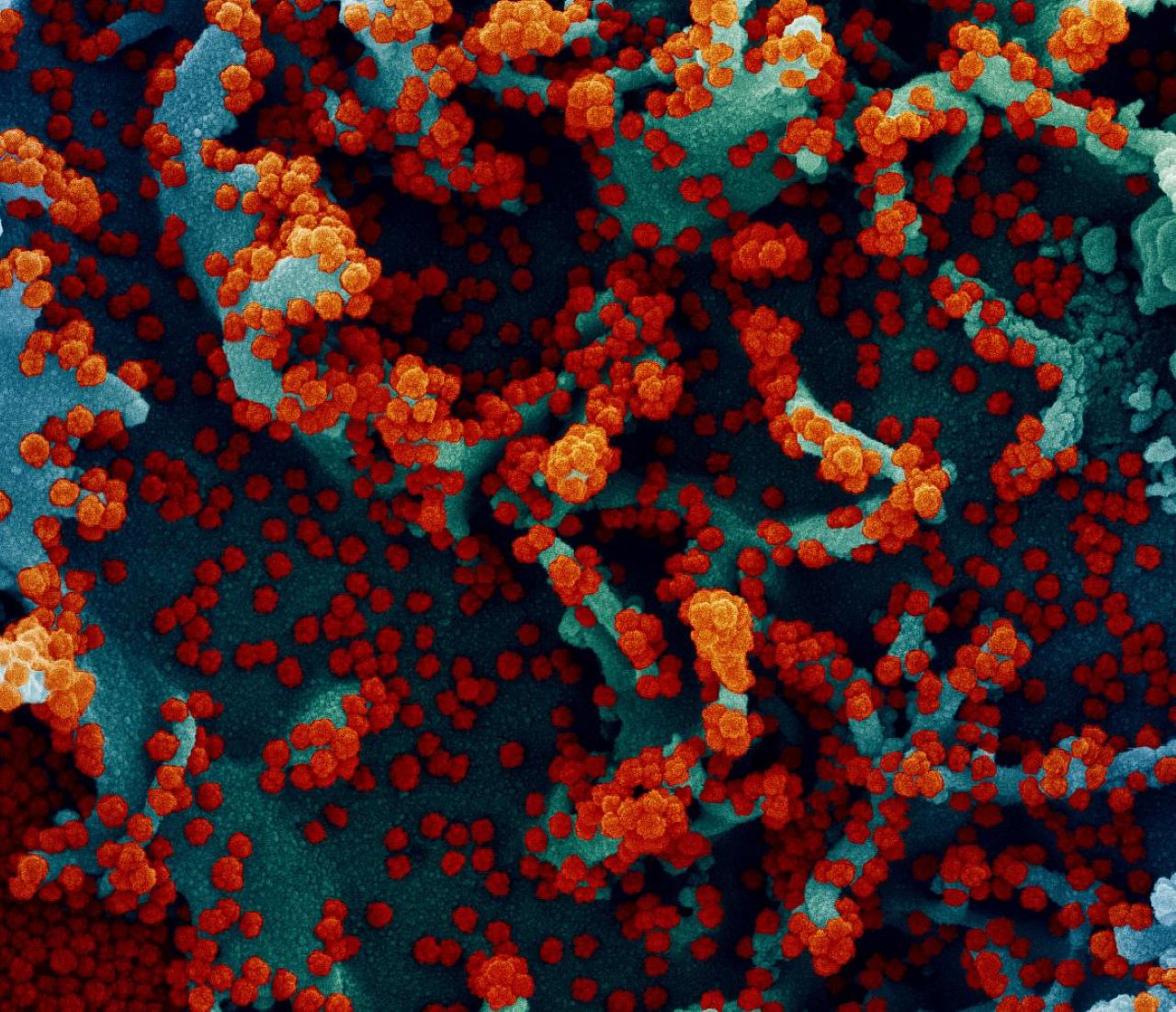
The US National Institutes of Health (NIH) has initiated enrolment in a Phase II/III ACTIV-2 trial to test four potential investigational drugs for treating Covid-19.
The therapeutics are Synaigen’s inhalable beta interferon, SNG001, delivered by nebuliser, AstraZeneca’s long-acting monoclonal antibody combination, AZD7442, to be studied as both infusion and intramuscular injection, and Sagent Pharmaceuticals’ orally administered serine protease inhibitor, Camostat mesylate.

Discover B2B Marketing That Performs
Combine business intelligence and editorial excellence to reach engaged professionals across 36 leading media platforms.
ACTIV-2 is an adaptive trial designed to test investigational agents in non-hospitalised adult participants with mild to moderate Covid-19 symptoms.
The randomised, placebo-controlled sub-studies will evaluate the safety and efficacy of the four interventions for Covid-19.
Last week, the first volunteer was enrolled in the SNG001 sub-study while the other agents under the study are expected to initiate enrolment soon.
The ACTIV-2 trial will progress from a Phase II to Phase III study if the agents show promising safety and lower Covid-19 symptoms within 28 days of receiving the drug.

US Tariffs are shifting - will you react or anticipate?
Don’t let policy changes catch you off guard. Stay proactive with real-time data and expert analysis.
By GlobalDataSeparately, NIH researchers have found that masks, apart from protecting wearers from getting or spreading SARS-CoV-2, have additional potential benefit as the humidity created inside them could help fight respiratory diseases like Covid-19.
Led by the NIH’s National Institute of Diabetes and Digestive and Kidney Diseases (NIDDK) researchers, the study found that face masks significantly increase the humidity in the air that the mask-wearer breathes in.
NIH distinguished investigator Adriaan Bax said: “We found that face masks strongly increase the humidity in inhaled air and propose that the resulting hydration of the respiratory tract could be responsible for the documented finding that links lower Covid-19 disease severity to wearing a mask.
“High levels of humidity have been shown to mitigate severity of the flu, and it may be applicable to severity of Covid-19 through a similar mechanism.”
Last month, the NIH announced the initiation of a Phase II/III clinical trial of a combination investigational monoclonal antibody therapy for treating individuals with mild-to-moderate Covid-19.





